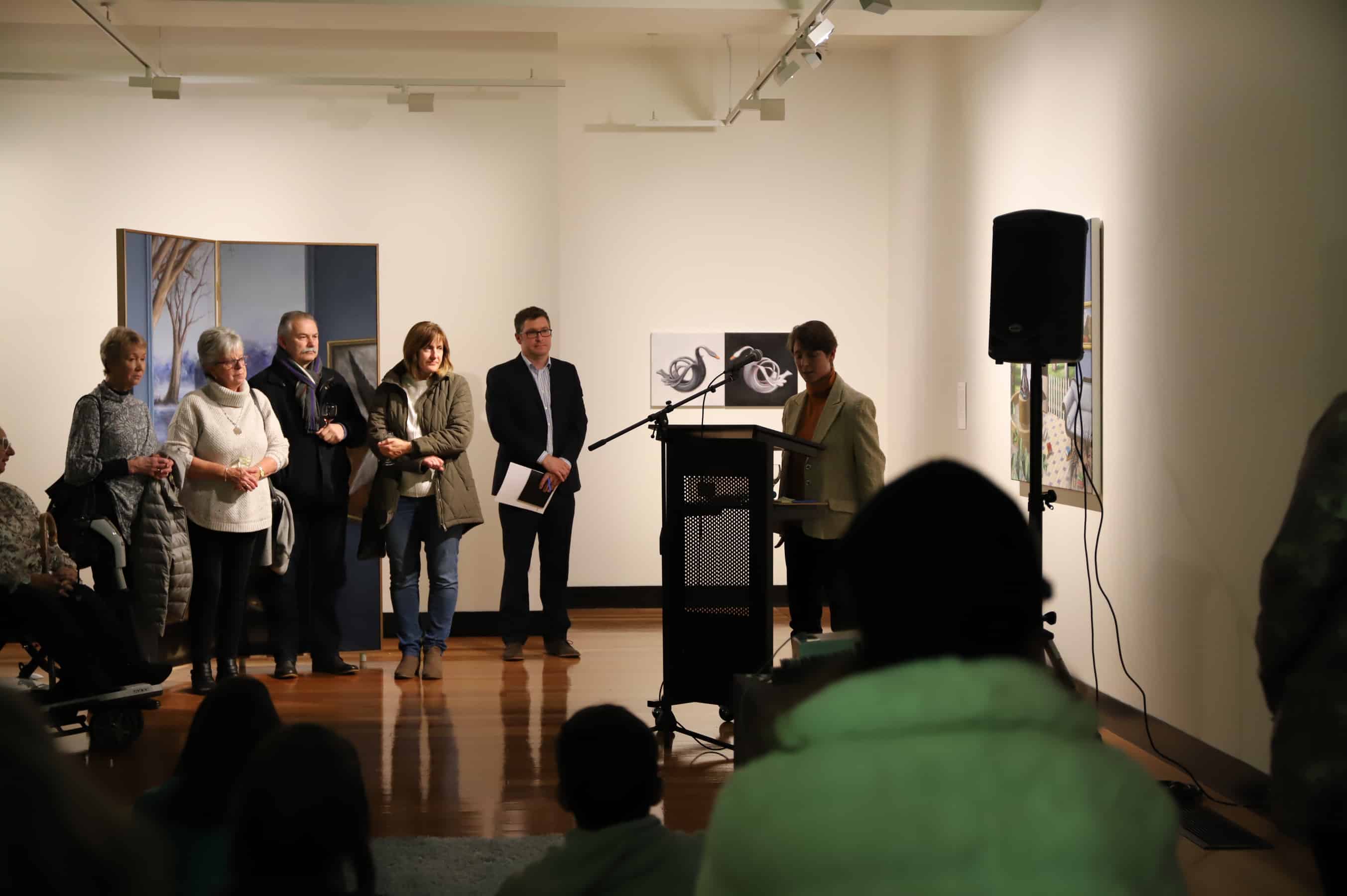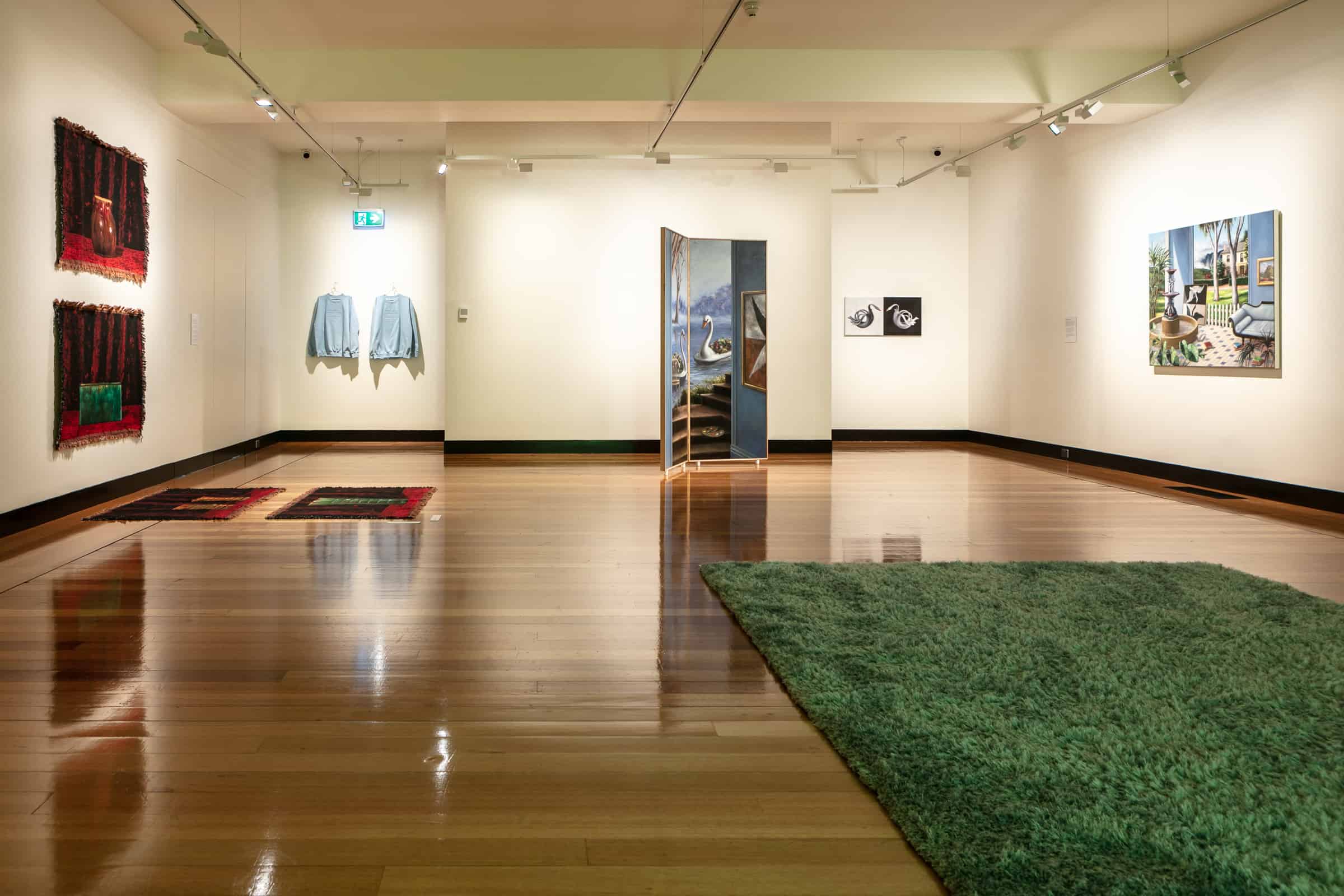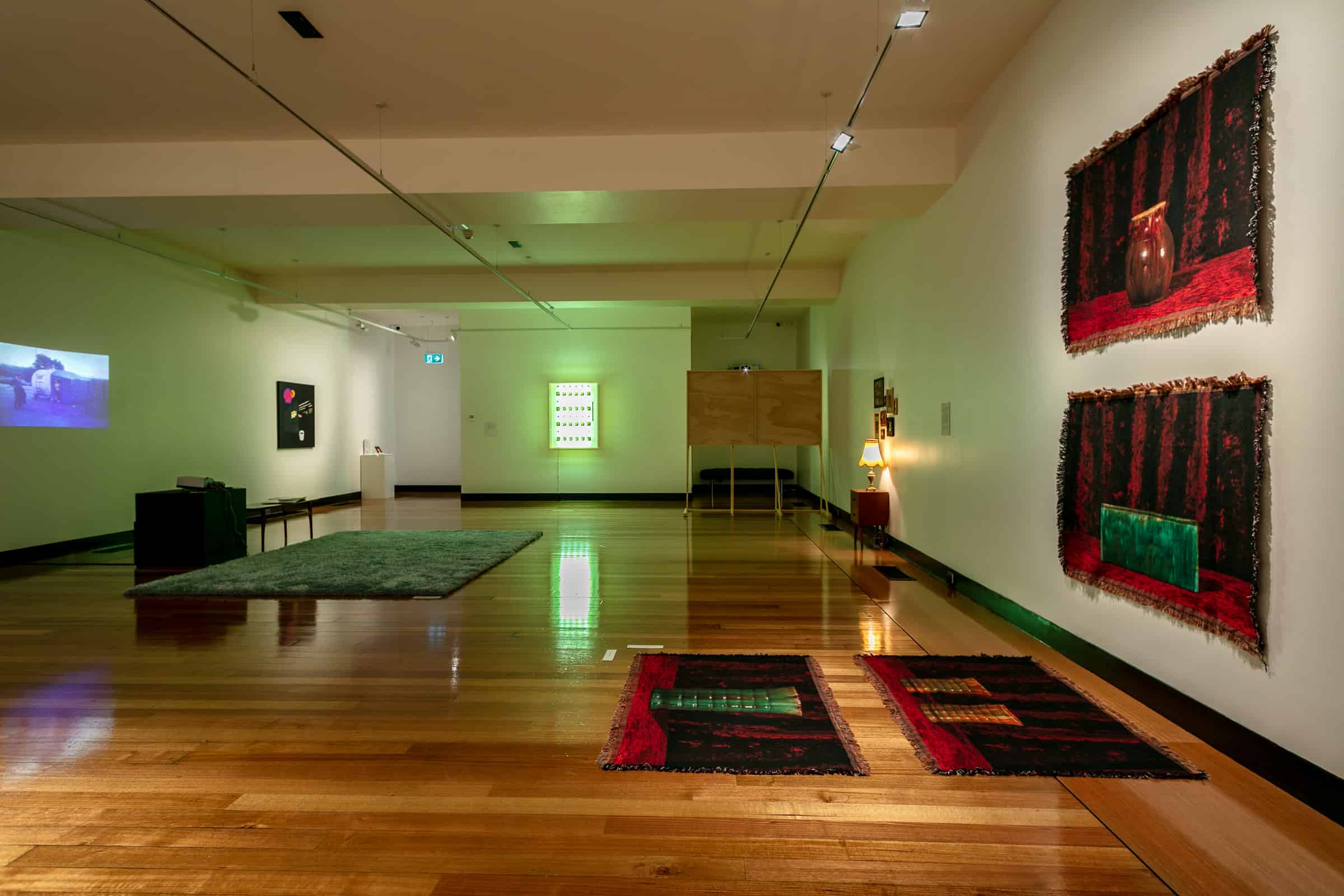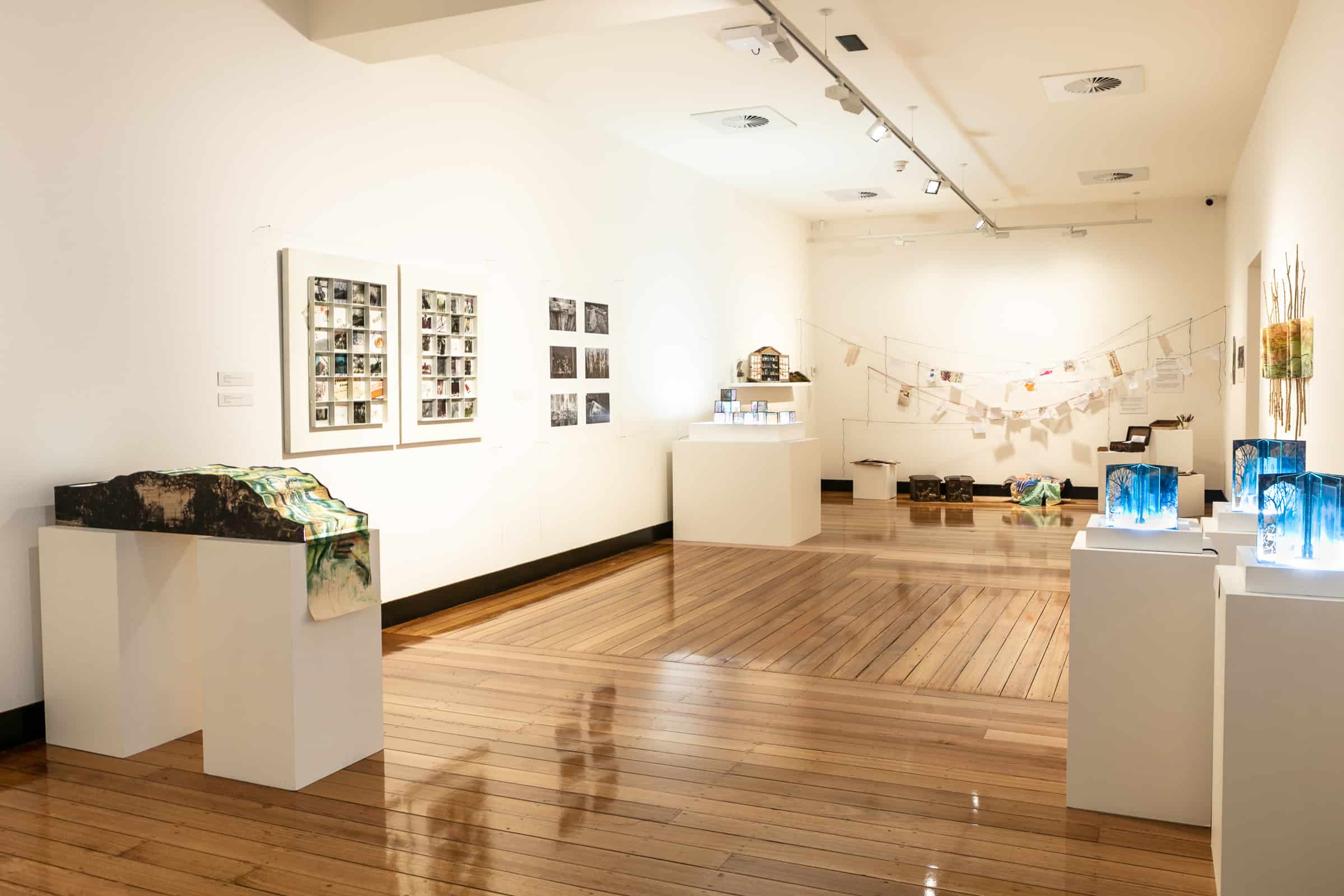2 August 2019

I think we “belong” in multiple and often contradictory ways. A single person may be, for example, an artist, a parent, a spouse, a catholic, a vegetarian, a netballer, a vase collector, an Australian-born Italian, a renovator, a singer, a cook, and so on. This one person may hold attachments to particular objects and places associated with any one and any combination of these identities. And not just attachments – aversions too.
What is clear, I think, is that we do not always know about all of the attachments and aversions we live by, nor do we often acknowledge the conflicts inherent in how and to what we belong.
Our conscious sense of belonging, as merely the skin of things, needs to be dug into, probed, explored. What are we not acknowledging. What are we turning away from. We might not include the ripped couch or the cracked plaster wall in our sense of belonging if our myths and ideals describe such things as signs of abandonment rather than intimacy. We can be blind with our eyes open.
We can be blind for a variety of reasons – over-familiarity, cultural or political bias, emotional bias, guilt, ignorance. We tend not to include Tartrazine in our sense of belonging, despite its presence around us as the yellow colouring of many of our foods and products. It’s not that our senses of self are immune to our incessant immersion in man-made colour. But perhaps it’s nicer for us not to think about the realities of our desire for it – the environmental impacts, the health impacts of our chemical play.
So what does it mean to belong? There are many things all of us belong to – gravity, the sun and moon, Earth itself, thirst, hunger, the urge for belonging, the fact of other life – trees, animals, birds, bacteria. Perhaps humans are too successful at bypassing these commonalities, these truths of the Earth, many of which are increasingly in need of our joint and dedicated care – it would be heaven, I think, if identity and belonging revolved around regard for our shared home.
There are many other experiences and objects the majority of us belong to – electric light, pop music, the principles of modern medicine, atomic bombs, consumerism, slave labour, trash, habitat loss, all the conditions of our current state of being. How do we digest and come to terms with what it is we belong to amid so much and amid such discomfort?
We’re selective. We belong in these large ways – to Earth, to shared knowledge – but we want, it seems, something more particular. In part, we want difference: I belong but you don’t. I belong, we say, to this nation, this religion, this brand, this club; I belong on this side of the wall, on this side of the water… These powerful belongings are at once, of course, powerful conflicts, that we embrace, one way or another, or suffer from, one way or another, through the stories we selectively tell.
To belong need have nothing to do with truth or kindness, with justice or equality, with right or wrong. I might belong to a terrorist organisation as readily as to a flat-earth cult or a football club. I might belong to the idea of the sun-baked Aussie battler, or I might champion the traditions and connections of Country, or I might raise my arm to the concept of an Earth where people are brief visitors in a vastly longer story of life…
There is that we belong to but have forgotten to acknowledge.
There is that we belong to but turn from for the discomfort it causes.
There is that we believe we belong to through our inheritance of certain ways of seeing, even when it clashes with our actual surroundings.
There is that we belong to in one form but not another – in a vase, perhaps, but not in its natural habitat. We belong to ideals, myths, stories, more than realities.
There is that we say we cannot belong to simply through our failure to understand it – wild places, for some, or cultures not quite like our own.
There is that, too, which we are embarrassed to belong to for its failure to meet the fashionable standards of the mainstream, of the cities, of the crowds.
So the list goes on.
In the mess of belonging, in the tangle that surrounds what we think of as our honest connections, art can draw our attention to our blind spots. Art can demand that we confess, that we reconsider, that we look again. It can encourage us to question, to find new relevancies, and to dig for that which is, we hope, genuinely worth sustaining.
I hope you will give this exhibition the time it deserves. I hope you will allow it to ask, of yourself, what it is you belong to. What are the stories inside your belongings? I hope you will enjoy, and be challenged by, the answers you find.
-Kristen Lang, Poet
EXHIBITIONS
On Belonging(s)
Alex Davern, Liam James, Amber Koroluk-Stephenson, Jessie Pangas
On Belonging(s) brings together four Tasmanian artists who are exploring how we attach value to objects, and the role they play in the stories we tell about ourselves, both individually and communally. On Belonging(s) is a reflection on how we construct our identity, connect ourselves to place and engage with our possessions, both nostalgically and idealistically, as extensions of the self.
Main Gallery, Devonport Regional Gallery, 3 August – 22 September 2019


________
Threads of Childhoods Past
Jennifer Frost and Jan Larcombe
In Threads of Childhoods Past, two artists with a shared childhood growing up in the remote area of Trowutta in the far North West coast of Tasmania in the 1950’s and early 1960’s have created art works based on their reflections of that time.
Little Gallery, Devonport Regional Gallery, 27 July – 1 September 2019

*Installation images from On Belonging(s) and Threads of Childhoods Past by Kelly Slater